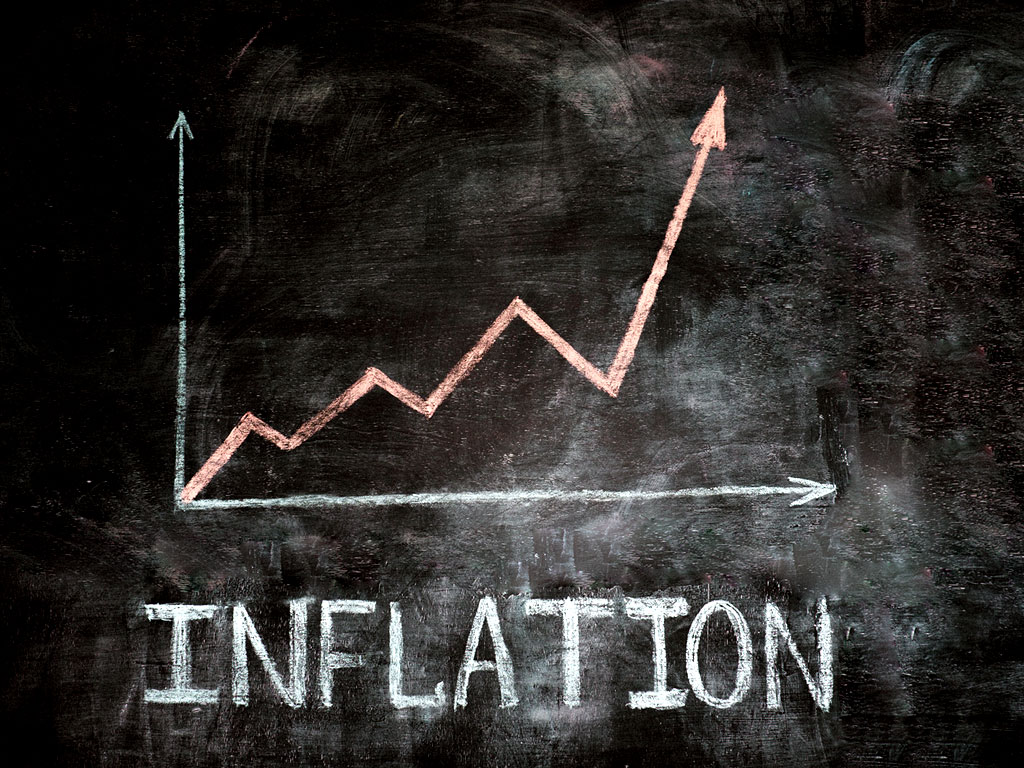Inflation

The Pakistan Bureau of Statistics (PBS) recently released data reveals the impact of the Sensitive Price Index (SPI) for the week ending 18 July on different income groups: the SPI for the lowest income group 8,000 to 12,000 rupees per month rose by 12.88 percent, for income group 12,001 to 18,000 rupees per month by 14.27 percent, for income group between 18,001 and 35,000 rupees per month by 15.72 percent and those earning above 35,000 rupees per month by 18.18 percent.
Governor State Bank of Pakistan Dr Reza Baqir justified the 100 basis point rise in the policy rate during his press briefing on July 16 by arguing that "if you look at the time-path of this inflation, in the next few months, due to one-time factors, inflation will be higher. These have been accounted for [in our projections]. In the second half of the fiscal year, according to our projections, inflation will be lower. By the start of the next fiscal year, there will be a noticeable decrease in inflation." The one-time factors gleaned from the staff-level agreement with the International Monetary Fund (IMF) reached on 12 May 2019 that was subsequently approved by the Board of Directors, include the rupee value being allowed to reach its market-based exchange rate and a high discount rate designed to mop up excess liquidity - textbook monetary policy measures to reduce the rate of inflation. The budget documents for the current year indicate an inflation of between 11 to 13 percent and the IMF's staff report projects a rate of inflation of 13 percent. In other words inflation is well within the projections of the Khan administration's economic team as well the IMF.
The Prime Minister on his return from the US directed the cabinet to ensure that the price of flour does not rise, however, he issued this directive in the absence of his Adviser on Finance Dr Hafeez Sheikh and Governor SBP who were holding meetings in Washington DC with the IMF. The IMF package and its implications on the rate of inflation have been visible since the staff-level agreement was reached given that the programme is heavily front-loaded. Wheat, our staple diet, is more expensive due to weak monitoring and regulatory mechanism in Punjab with 150 to 200 truckloads leaving the province daily and rising exports through formal and informal channels (smuggling), and smaller crop size in Sindh and Punjab due to heavy rains and storms. International oil prices are rising, due to external factors, however with an eroding rupee vis-a-vis dollar, the cost of importing oil is rising which in turn is raising transport costs. At the same time the government, as per its agreement with the IMF, has raised electricity rates which are a major input cost for manufacturing flour and with gas prices also rising bakeries (bread) and naan prices have sky rocketed.
The incomes of government servants (lower grades) and the military (lower ranks) have been raised in the budget though senior civilian and military personnel have voluntarily agreed not to have a pay raise this year; however with a high discount rate (lowering demand for private sector credit) and the poor performance of large-scale manufacturing sector (witnessed negative growth last year) and ongoing scaling back of many small businesses (those who service air conditioners, autos mechanics, etc.,) unemployment levels are rising. In effect, with many private sector entities struggling to survive few if any private businesses have been able to raise wages (to keep up with the inflation rate). In other words, with incomes the same as last year, for those who remain employed, and inflation at 13 percent the capacity to make ends meet is fast eroding.
To conclude, one would hope that some mitigating measures are adopted by the government, rather than merely issuing directives, or else there is a very real danger of spontaneous protests, not backed by the opposition that may cripple the economy.


























Comments
Comments are closed.